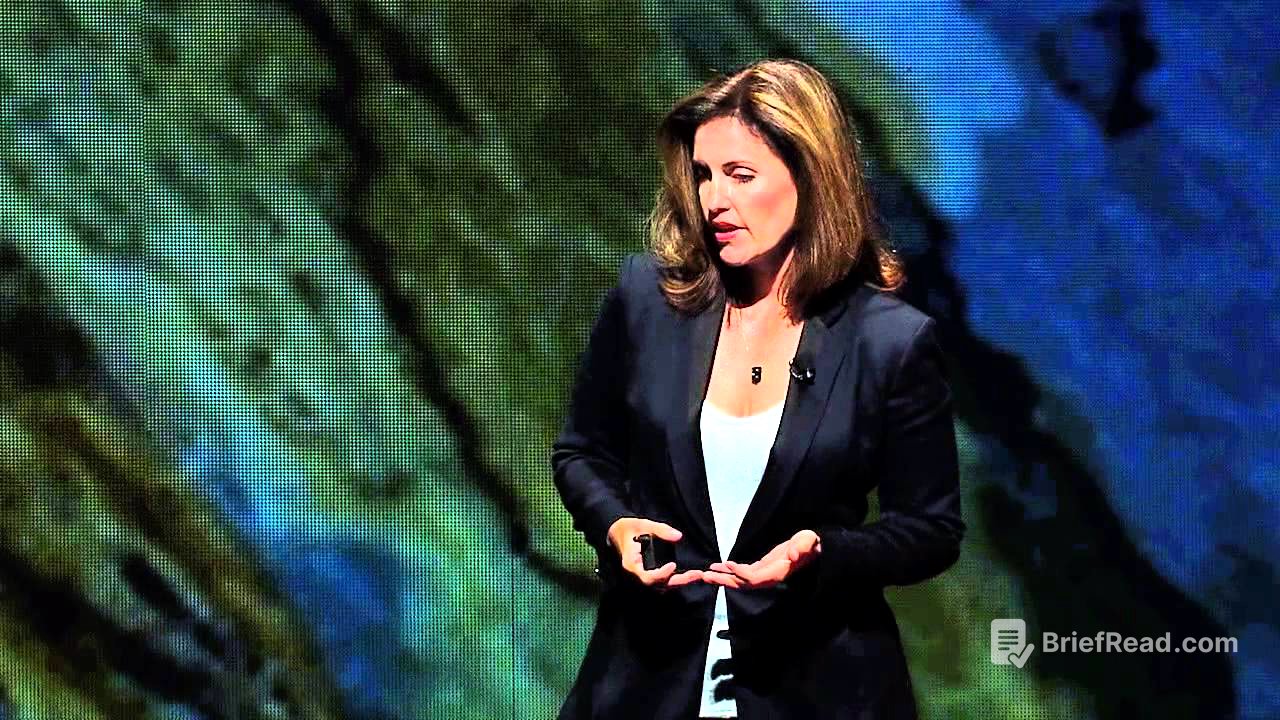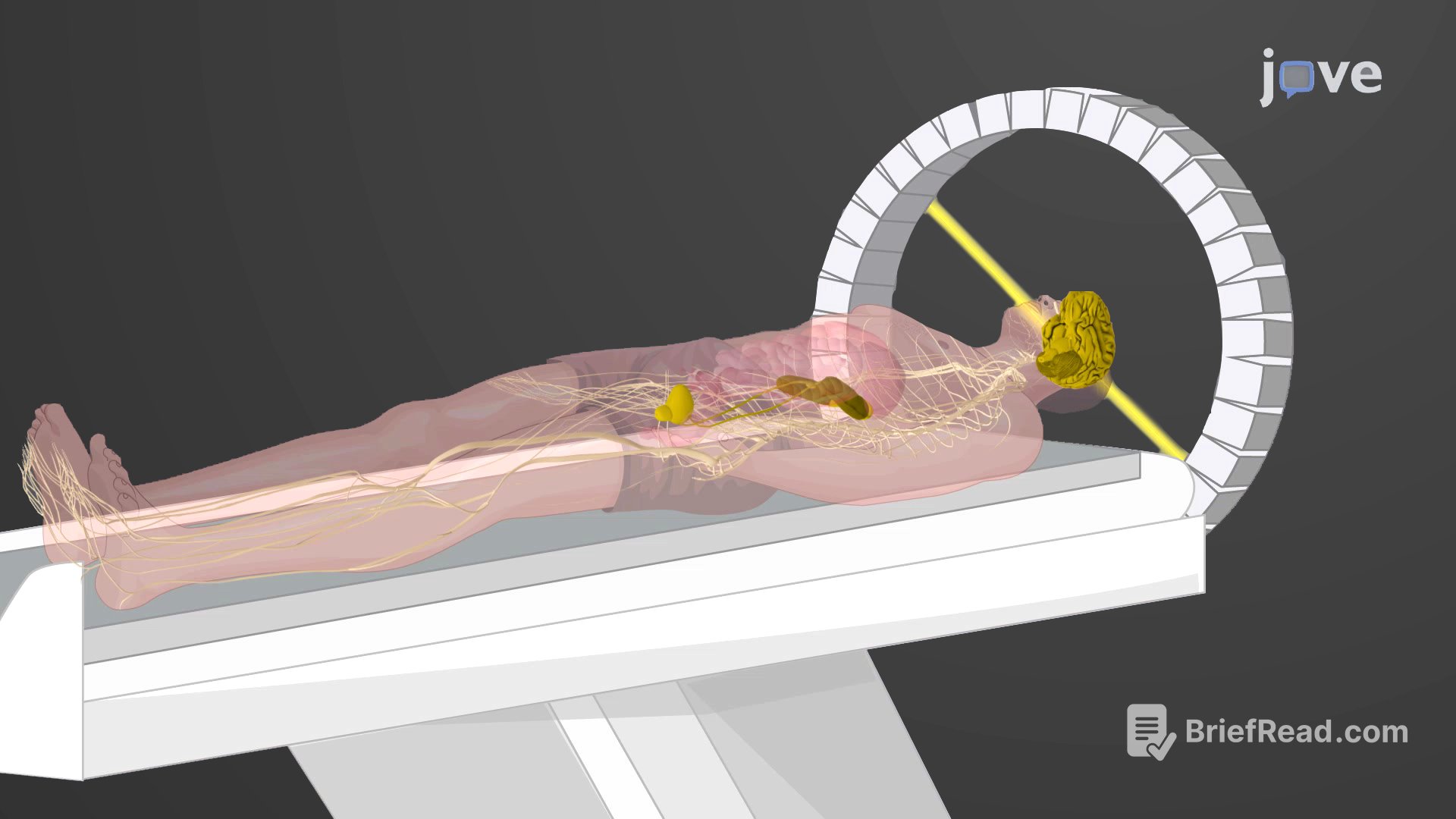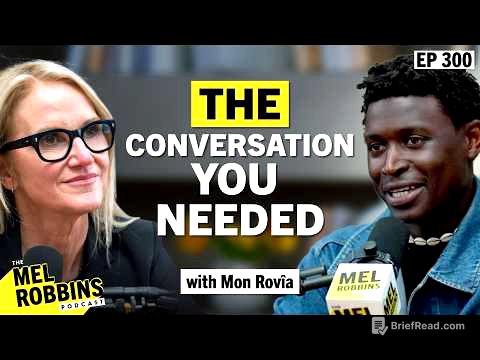TLDR;
The speaker discusses the impact of social media on our lives, highlighting how it disconnects us from real-life interactions, shortens our vocabulary, and promotes a curated, often unrealistic, version of ourselves. She emphasizes the importance of being present, making human connections, and teaching genuine interaction, advocating for a screen-free hour each day to reclaim our focus and relationships.
- Social media has led to a decrease in close friendships.
- People present idealized versions of themselves online.
- Texting while driving is a leading cause of teen deaths.
- The speaker advocates for a screen-free hour each day.
Introduction [0:16]
The speaker begins by humorously asking the audience to power down their devices and thanks state.com for the permission to use a video. She then presents a montage of social media posts and interactions, setting the stage for her discussion on the impact of social media on our lives.
How Social Media Disconnects Us [1:40]
The speaker discusses how social media is disconnecting us. Referencing a Gallup poll, she notes a significant decrease in the number of close friends people report having, from an average of 10 in 2001 to just two in the current year. She observes families and couples absorbed in their phones while physically together, suggesting that people on the other end of the screen are perceived as more important than those present. Citing a study by Mary Maker, the speaker mentions that people check their phones an average of 150 times a day and upload 1.8 billion pictures to Facebook daily. She contrasts this with the simpler times of pagers and answering machines, where there was more control over communication.
The Shortened Vocabulary and Its Impact [3:41]
The speaker addresses the shortened vocabulary used in texting and social media, such as "OMG," "LOL," and "WTF." She argues that this abbreviation risks losing the nuances, subtleties, and intimate parts of our personalities, potentially hindering our ability to fully express ourselves and communicate effectively. She also touches on the anxiety many people feel when receiving a personal phone call, preferring the convenience of texting.
Our Addiction to Phones [5:12]
The speaker poses a question to the audience about whether they could leave their phone for an hour, highlighting the panic that arises at the thought of being without our devices. She shares a personal anecdote about her Blackberry, which she humorously refers to as a "crack berry," and her experience at an Apple Store, illustrating the difficulty of transitioning away from addictive technology.
Dangers of Distracted Driving [6:40]
The speaker cites a study from the Cohen Children Medical Center, stating that texting while driving is now the number one cause of death for teens, surpassing drinking and driving. She recounts a conversation with high school students about texting at stop signs and stoplights, emphasizing that no message is worth risking lives. She provides a stark example: looking at your phone for just 5 seconds while driving at 55 miles per hour is equivalent to driving the length of a football field blind.
The Pressure to Be Constantly Connected [7:44]
The speaker broadens the discussion to include adults, noting that we are constantly at work and constantly connected, leading to distraction. She points out the expectation to remain connected even during vacations. She highlights the pressure to know about each other's lives through social media posts and the tendency to present an idealized version of ourselves on platforms like Facebook.
The Curated Self and Social Media [8:46]
The speaker shares an anecdote about high school students strategically timing their Instagram posts to maximize traffic and the emotional turmoil caused by the number of likes received. She emphasizes that we have become our own public relations firms, constantly trying to increase our numbers and presenting a curated version of ourselves online, contrasting it with who we really are in real life.
The Culture of Selfies [10:08]
The speaker critiques the culture of selfies, describing them as a sad invention where we take pictures of ourselves by ourselves. She humorously mentions bathroom selfies and the phenomenon of "selfing" one's way through parties. She references the Oscar selfie that crashed Twitter and contrasts it with the inappropriate funeral selfie, highlighting the absurdity and potential disconnect of this trend.
Call to Action: Reclaiming Human Connection [11:06]
The speaker concludes by advocating for a return to human connection, suggesting that we would live better lives with "Hands to Hold rather than keys to click." She encourages the audience to take a pause, engage in simple activities, and gaze at the clouds. She emphasizes that change starts from within and that we can teach our kids what life was like before screens dominated our existence. She suggests using social media to create positive face-to-face groups and organizations, promoting "people activism" rather than "#activism." She urges everyone to look up, see their neighbor, put their phones away, and make human connections, treating human interaction as essential as breathing. Finally, she challenges everyone to take a screen-free hour each day and share the message.









